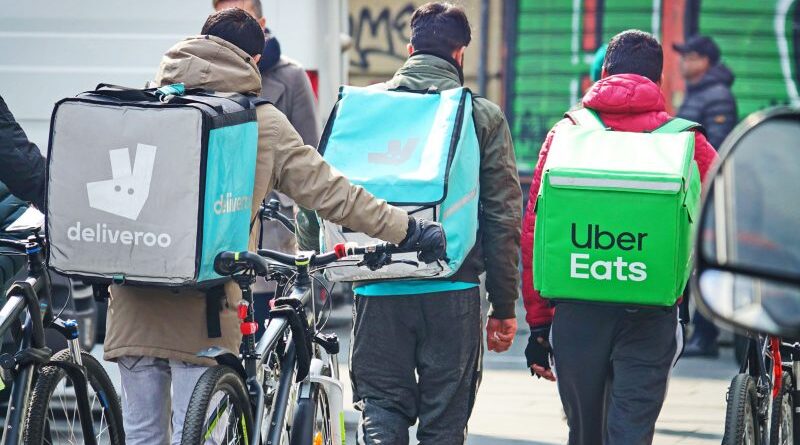UK. Gig economy workers and pension rights
With many employers avoiding their obligations, it’s time the government stepped in, argue Stephen Morrall and Annabelle Woosnam
Last year the case Uber BV v Aslam made headlines across the media when the Supreme Court ruled that thousands of Uber drivers are ‘workers’, as defined by legislation, and not independent contractors. Accordingly, they are legally entitled to basic employment rights. However, according to a recent Financial Times article, the Pensions Regulator chief executive has conceded that, despite his calls for them to do so, not all gig economy employers have done ‘the right thing’ and offered pensions to staff in the 18 months since the Uber judgment.
So, what does this mean for people working in the gig economy?
According to TUC figures, there are now 4.4 million people in the gig economy, who work on either zero-hours contracts or a piece-work basis. Many employers still go to great lengths to prevent their staff from becoming legally eligible for employee or worker status. Although this may give greater flexibility to businesses, it disadvantages those who remain ineligible for basic employment rights, such as membership of a pension scheme and other benefits – one of the issues considered in the Uber case.
The term ‘worker’ is defined by statute as someone who is either employed under a contract of employment or “any other contract… whereby the individual undertakes to do or perform personally any work or services for another party”. Difficulties have arisen in the interpretation of the second part of this definition.
Employers have attempted to avoid their obligations by describing individuals as self-employed in their contracts; ie, neither a worker nor an employee. This happened in Autoclenz v Belcher, where the contract described auto valeters as self-employed sub-contractors. However, the Supreme Court disregarded the contract because it did not reflect the reality of the relationship, and determined that they were employees with full rights.
The Supreme Court in Uber clarified that the starting point of any analysis of a person’s status would be whether s/he fell within the statutory definition. The terms of the contract were relevant, but only one factor in determining the true nature of the relationship. Therefore, the court will first look for a contract between the employer and the individual, which can be written, unwritten or even implied.
The next question is whether the individual agreed to perform personal work or services for the employer. To perform work personally means to do it oneself. However, in some cases, the individual had the right to provide a substitute to carry out the work or services for them. In other cases, the question turned on whether the parties owed mutual obligations to each other under the contract. The imbalance in the bargaining power of the employers and individuals is also relevant. In summary, each case will depend on its own facts. Inevitably, this has led to results that seem to be inconsistent and often incompatible with each other.
In Uber, the drivers claimed they were workers, not self-employed, and were therefore entitled to pension and other workers’ rights. The court agreed with them. By contrast, when Deliveroo riders and Yodel delivery couriers brought similar cases, they were found to be self-employed. The differences in the relationships were quite nuanced and the public does not understand why people who perform remarkably similar jobs can have vastly different rights depending on their employer.
However, the fact remains that only employees and workers have statutory employment rights and many working in the gig economy remain out in the cold. It should not be left to the Pensions Regulator to try and put moral pressure on companies to ‘do the right thing’ by giving them worker status. If there remains confusion between the status of employees, workers and the self-employed, employers will be able to take advantage of individuals and avoid giving them what are now regarded as basic employment rights. The government urgently needs to reform the law and improve the lot of gig economy workers.
Read More @PeopleManagment
258 views










